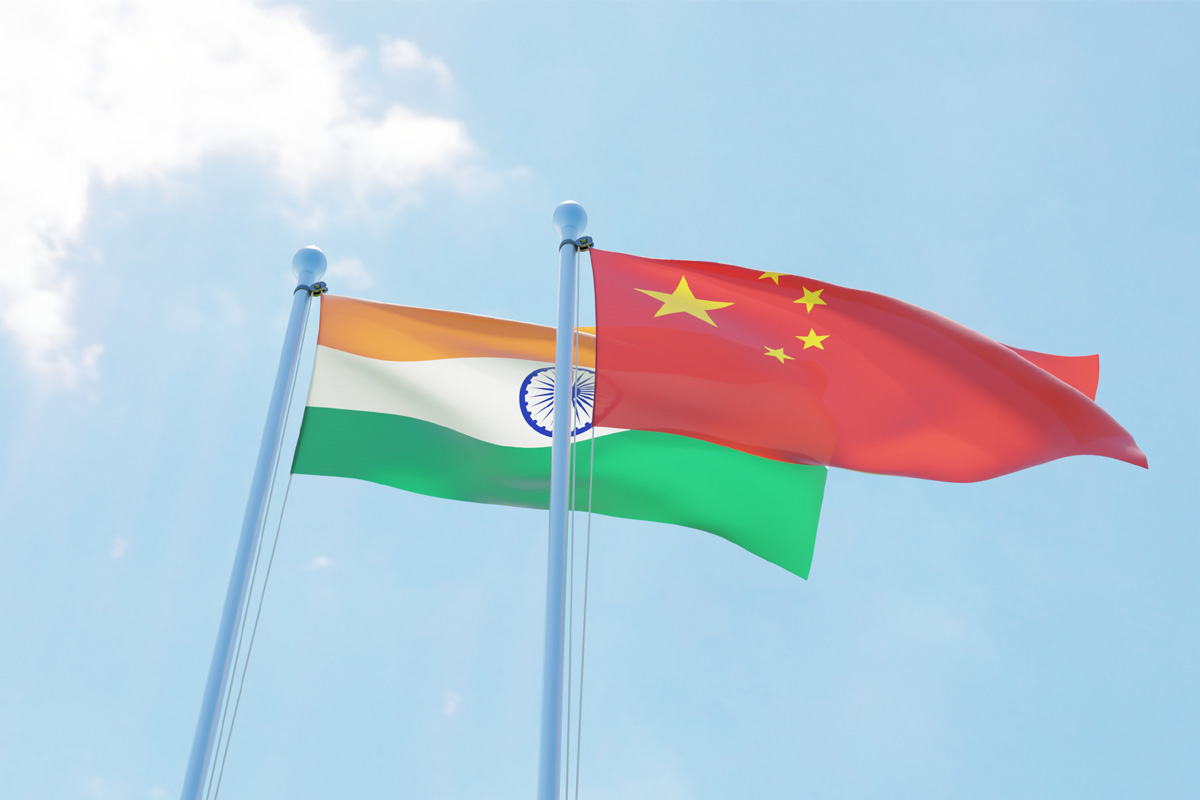Expo to showcase growth trajectory of pharma industry in India to be held in Greater Noida
An expo to showcase the pharmaceutical industry’s modernisation, innovation, and sustainability will be held in Greater Noida from November 26 to 28.
The commanders of the two sides had last met on 20 February after completing the first phase of the pullback at the Pangong Lake.

Photo: iStock
Top commanders of India and China have agreed to avoid any new incidents in the border areas between the two countries and jointly maintain peace and stability on the ground, the Ministry of External Affairs announced today.
At their marathon 11th round of talks which concluded at the Chushul-Moldo border late last night, the military commanders agreed that it was important to take guidance from the consensus reached between the leaders of the two countries, continue their communication and dialogue and work towards a mutually acceptable resolution of the remaining issues at the earliest.
”The two sides agreed on the need to resolve the outstanding issues in an expeditious manner in accordance with the existing agreements and protocols. In this context, it was highlighted also that completion of disengagement in other areas would pave the way for the two sides to consider de-escalation of forces and ensure full restoration of peace and tranquility and enable progress in bilateral relations,” the MEA said.
Advertisement
It said the two sides had a detailed exchange of views for the resolution of the remaining issues related to disengagement along the LAC in Eastern Ladakh.
The top military officials of the two sides spent nearly 13 hours to iron out their differences over disengagement at other friction points. The talks, which began at 1030 hrs on Friday morning, concluded at around 2330 hrs. The Indian delegation was led by Lt Gen P G K Menon, the Commander of the Leh-based 14 Corps. The talks focused on disengagement at Gogra heights, Hot Springs and Depsang Plains. The two sides have already successfully completed disengagement at the Pangong Tso Lake.
During the talks, the Indian side expressed the hope that the Chinese side will sincerely work with it to complete disengagement in the larger interest of peace.
The disengagement is to be followed by deescalation and deinduction, which means pulling back troops and war equipment to the pre-April 2020 home bases.
The commanders of the two sides had last met on 20 February after completing the first phase of the pullback at the Pangong Lake.
Apart from talks between the senior commanders, the two countries have been discussing disengagement at the level of senior diplomats under the framework of the Working Mechanism for Consultation and Coordination (WMCC) on border affairs. It had last met on 12 March.
Advertisement